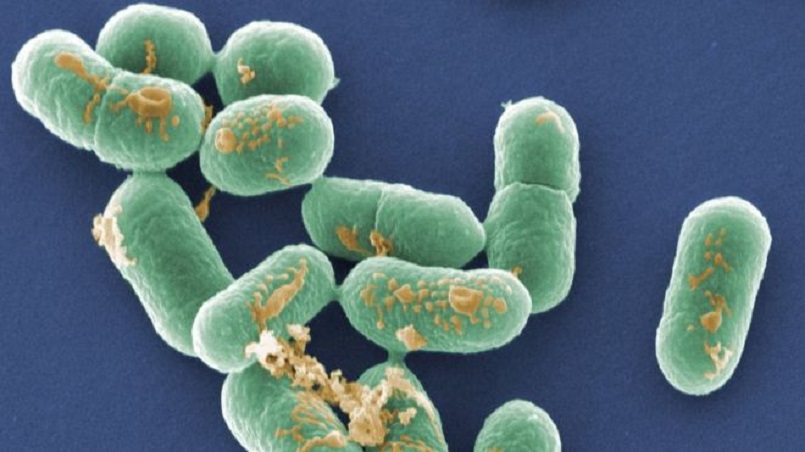
Two people have died and several more have fallen ill following an outbreak of listeria linked to recalled cheese in several eastern US states.
Officials say it was probably caused by a soft raw milk cheese called Ouleout from Vulto Creamery in New York state.
The cheese was stocked by a Whole Foods shop in Fairfield, Connecticut, and may also have been available in specialised cheese shops.
The creamery recalled several soft cheeses on Tuesday.
Six cases of listeria have been recorded in Connecticut and Vermont, where the deaths occurred, as well as New York and Florida.
US health officials say listeria bacteria occur in raw milk and foods made with it, and that they can survive refrigeration. The bacteria are killed by cooking and pasteurisation.
Vulto Creamery has not made any comment.
The company says it makes small batches of handmade cheese using raw milk from local dairy farmers. Its founder started out by making cheese in his apartment in Brooklyn.
Vulto describes the Ouleout cheese as a "semi-soft washed rind cheese" made from unpasteurised milk that tastes "pungent and meaty".
How dangerous is raw milk?
Raw milk is milk from cows, goats, sheep or other animals that has not been pasteurised - the process of heating the milk to a specific temperature for a specific period of time to kill bacteria.
Some consumers say raw milk has more flavour and makes better cheese. Others choose unpasteurised milk as part of a broader shift away from processed foods, which are increasingly seen as unhealthy.
However the US Centers for Disease Control and Prevention (CDC) says raw milk presents one of the biggest risks to consumers, who may face "many days of diarrhoea, stomach cramping and vomiting" and in rare cases kidney failure, paralysis, chronic disorders and even death.
The bacteria in raw milk can be especially dangerous to those with weak immune systems, older people, pregnant women and children, the CDC says.
Raw milk products are illegal in 20 US states, can be obtained from farms in 25 states and are available in shops in 13 states. EU countries make their own laws but products made with raw milk must be labelled. About a fifth of French cheese is made using raw milk.
In the UK, raw milk products are banned in Scotland but raw cow's milk can be bought from producers in the rest of the country. Raw milk from other animals can also be sold.
